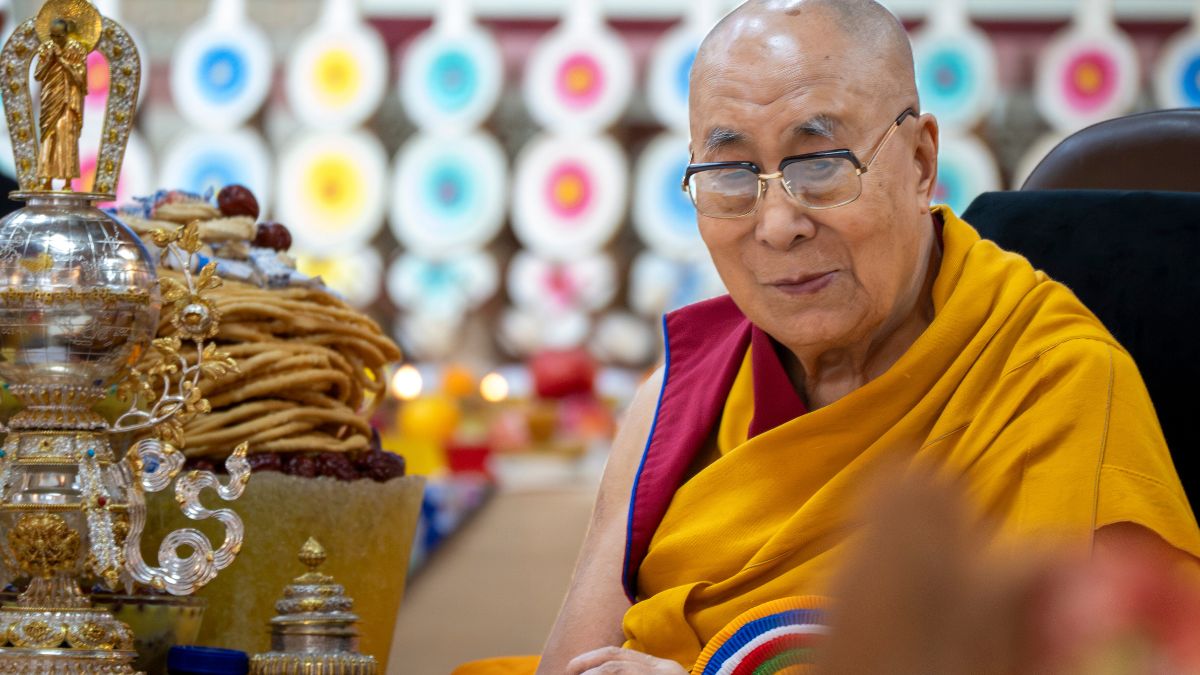A nation’s foreign policy is ultimately judged by how well it serves its national interest. Bharat’s own experience with Jawaharlal Nehru’s foreign policy stands as a cautionary tale. His foreign policy, bordering on idealism and often obsessed with ideology, led to a series of strategic blunders—the most glaring being his dealings with Tibet and China.
However, pursuing national interest does not mean one should abandon ethics or dharma. As history shows, the absence of moral anchors often boomerangs. The amoral/opportunistic American foreign policy in the 1970s and 1980s—whether it was sudden reaching out to Mao’s China that eventually led to the rise of the Dragon or fuelling Islamist fundamentalism in Afghanistan to counter the erstwhile Soviet Union that ended in the horrors of 9/11—offers sobering lessons.
For Bharat, a civilisational state steeped in dharmic consciousness, foreign policy has always been more than transactional. The Bharatiya outlook traditionally views the world not through the narrow prism of power blocs but through the wider lens of dharma. Nehru’s concept of non-alignment stemmed from this civilisational discomfort with power-centric alliances. Unfortunately, he failed to realise that the Bharatiya approach was to align with all—multi-alignment, and not non-alignment—based on dharmic considerations.
Bharatiya statecraft has never been naive about the ways of the world. The Mahabharata makes it abundantly clear when it quotes Bhishma as exhorting Yudhishthira: “If the one who is fighting under deceit, one must fight back using deceit.” This understanding should guide a traditionally dharmic state like Bharat in dealing with adharmic states such as Pakistan and communist China. (There’s a need to differentiate communist China from civilisational China, which was much closer to Bharat in ideas and outlook.)
Instead, Nehru chose to blind himself to China’s expansionist ambitions. His most tragic misstep came when he deliberately looked the other way when Mao’s troops invaded Tibet in 1950. The Chinese invasion of Tibet was not just a cataclysmic event for the Tibetans but also a major geostrategic setback for Bharat. While Sardar Vallabhbhai Patel’s opposition to Nehru’s Tibet policy is well documented, especially his letter to the then prime minister in December 1950, where he exhorted him to be more watchful of China’s imperialistic tendencies, Rajendra Prasad too wrote a letter on November 18, 1962, to Sri Prakasa, highlighting the moral failings of the Nehruvian foreign policy.
Impact Shorts
More ShortsInstead, Nehru chose to blind himself to China’s expansionist ambitions. His most tragic misstep came when he deliberately looked the other way when Mao’s troops invaded Tibet in 1950. The Chinese invasion of Tibet was not just a cataclysmic event for the Tibetans but also a major geostrategic setback for Bharat. While Sardar Vallabhbhai Patel’s opposition to Nehru’s Tibet policy is well documented, especially his letter to the then prime minister in December 1950, where he exhorted him to be more watchful of China’s imperialistic tendencies, Rajendra Prasad too wrote a letter on November 18, 1962, to Sri Prakasa, highlighting the moral failings of the Nehruvian foreign policy.
Today, on July 6, 2025, as the Dalai Lama celebrates his 90th birthday, Bharat must introspect. Its prayashchit—penance—for Nehru’s Himalayan blunder is not over. Tibet’s destiny remains connected with Bharat’s strategic and moral dilemmas. The future of Tibet is now deeply tied to the question of the Dalai Lama’s succession—a spiritual event that has acquired profound geopolitical dimensions.
Given Beijing’s proven record, there is little doubt it will try to orchestrate the succession process to install a pliant figure. The fate of the Panchen Lama—abducted by China after being recognised by the Dalai Lama, replaced by Beijing’s own nominee—serves as a chilling precedent. In 1995, when the 14th Dalai Lama identified six-year-old Gedhun Choekyi Nyima as the reincarnation of the 10th Panchen Lama—the second highest spiritual leader in Tibetan Buddhism—the Chinese government responded by abducting the boy and installing its own candidate. Thus, there now exist two Panchen Lamas: one legitimate, yet disappeared; the other, a puppet.
With the Dalai Lama turning 90, the stakes could not be higher. A manipulated succession would permanently compromise the Tibetan movement and also hurt Bharat’s strategic interest. Therefore, it is imperative for the 14th Dalai Lama to secure his succession while alive, perhaps even innovating within Tibetan tradition by revealing or training his reincarnation in his lifetime. He has already suggested that the next Dalai Lama could be found outside Tibet.
Such a move would deny Beijing any chance to meddle with the selection process. It would also allow the Dalai Lama to personally mentor his successor.
Bharat must be willing to fully support this process—not just out of dharmic solidarity with Tibetans, but also because it aligns with its national interest. A free and spiritually vibrant Tibet acts as a moral and strategic bulwark against Chinese hegemony. Supporting Tibetans in securing an untainted succession of the Dalai Lama is, therefore, both Bharat’s moral duty as well as its strategic imperative. This will also be a prayashchit for Bharat’s mistakes in the 1950s.
Views expressed in the above piece are personal and solely those of the author. They do not necessarily reflect Firstpost’s views.
The author is Opinion Editor, Firstpost and News18. He can be reached at: utpal.kumar@nw18.com
)